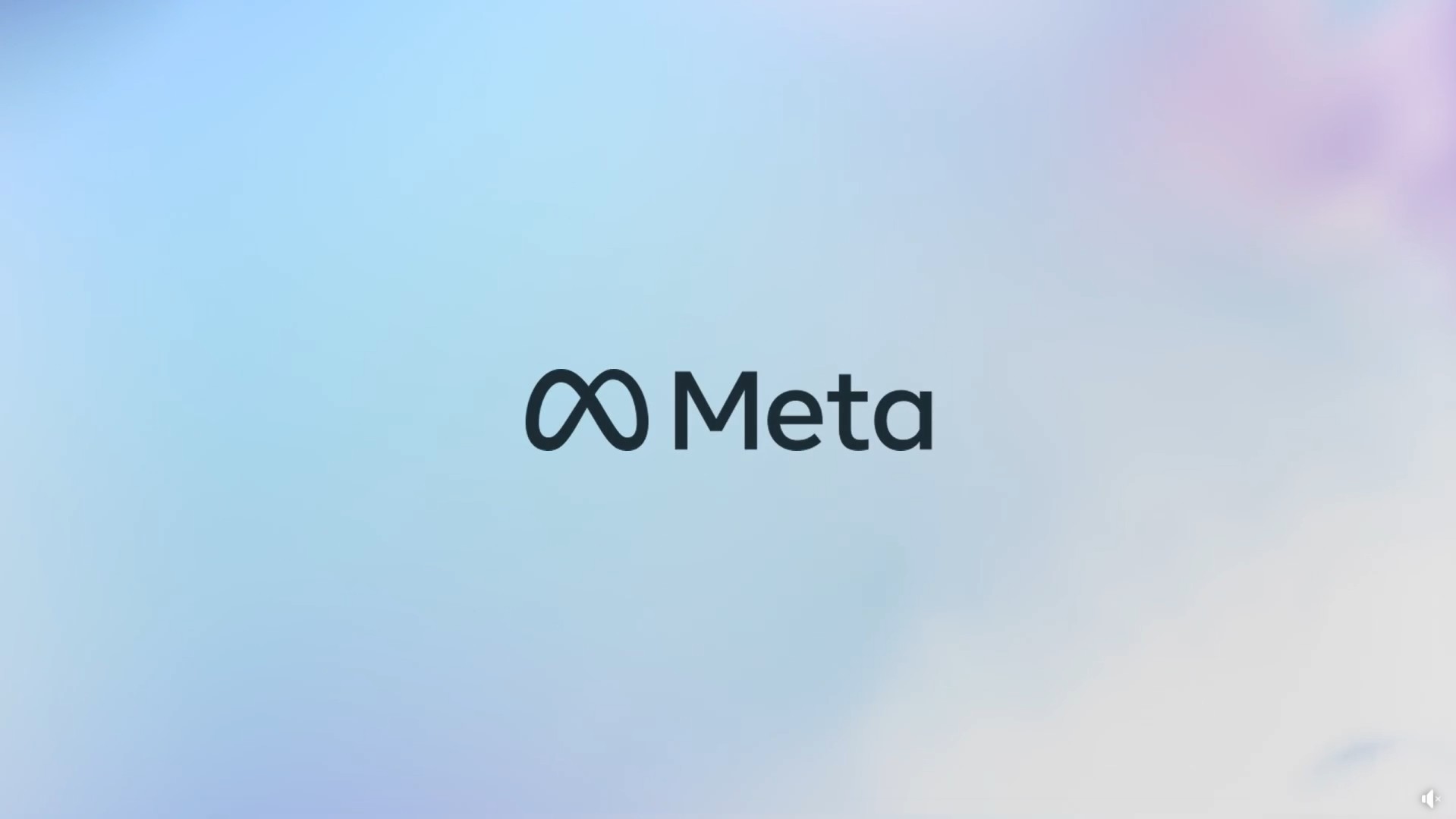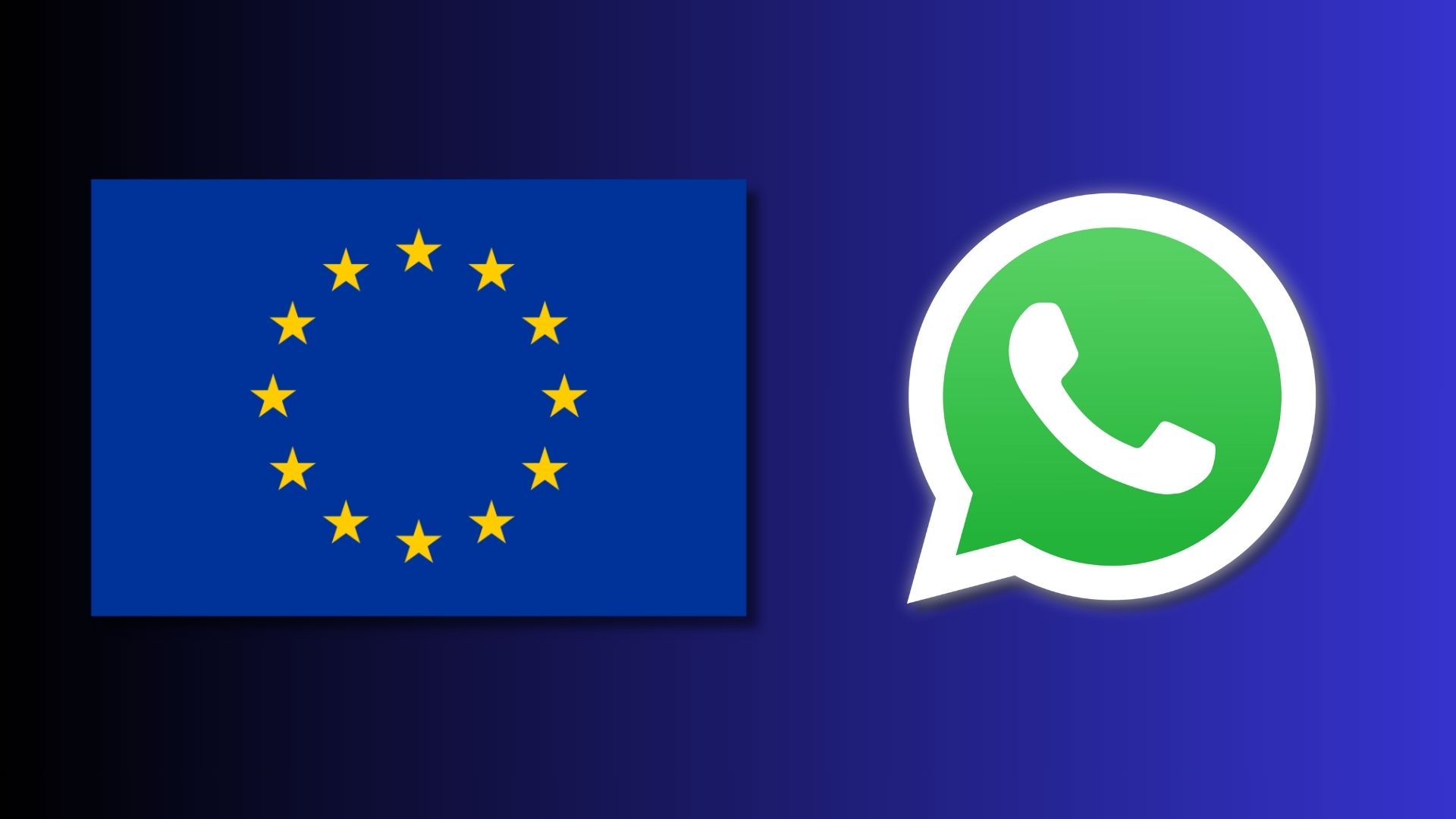The European Commission has opened two specification proceedings to spell out how Google should meet key obligations under the EU’s Digital Markets Act (DMA), focusing on Android’s AI-related features and access to Google Search data for competitors.
The first proceeding targets the DMA’s interoperability requirement for Android. In practical terms, Brussels wants to clarify how third-party AI services can get access, free and effectively, to the same Android hardware/software functionalities that power Google’s own AI offerings, including Gemini, so that rivals can compete on a more equal footing on mobile devices.
The second proceeding addresses Google’s obligation to provide rival search engines access to anonymised search data (such as ranking, query, click, and view data) on fair, reasonable, and non-discriminatory terms. The Commission is also considering whether AI chatbot providers should qualify for that access, an essential question as ‘search’ increasingly blurs with conversational AI.
These proceedings are designed to define how compliance should work rather than immediately sanction Google. The Commission is expected to wrap them up within six months, with draft measures and preliminary findings shared earlier in the process, and with scope for third-party feedback. A separate non-compliance track could still follow later, and DMA penalties for breaches can reach up to 10% of global turnover.
Google, for its part, says Android is ‘open by design’ and argues it is already licensing Search data, while warning that additional requirements, especially those it views as competitor-driven, could undermine user privacy, security, and innovation.
Why does it matter?
The EU is trying to prevent dominant platforms from turning control over operating systems and data into an ‘unfair advantage’ in the next wave of consumer tech, particularly as AI assistants become built into phones and as search data becomes fuel for competing discovery tools. The move also sits within a broader DMA enforcement push: the Commission has already opened DMA-related proceedings into Alphabet in other areas, signalling that Brussels sees gatekeeper compliance as an ongoing, hands-on exercise rather than a one-off checkbox.
Would you like to learn more about AI, tech and digital diplomacy? If so, ask our Diplo chatbot!










